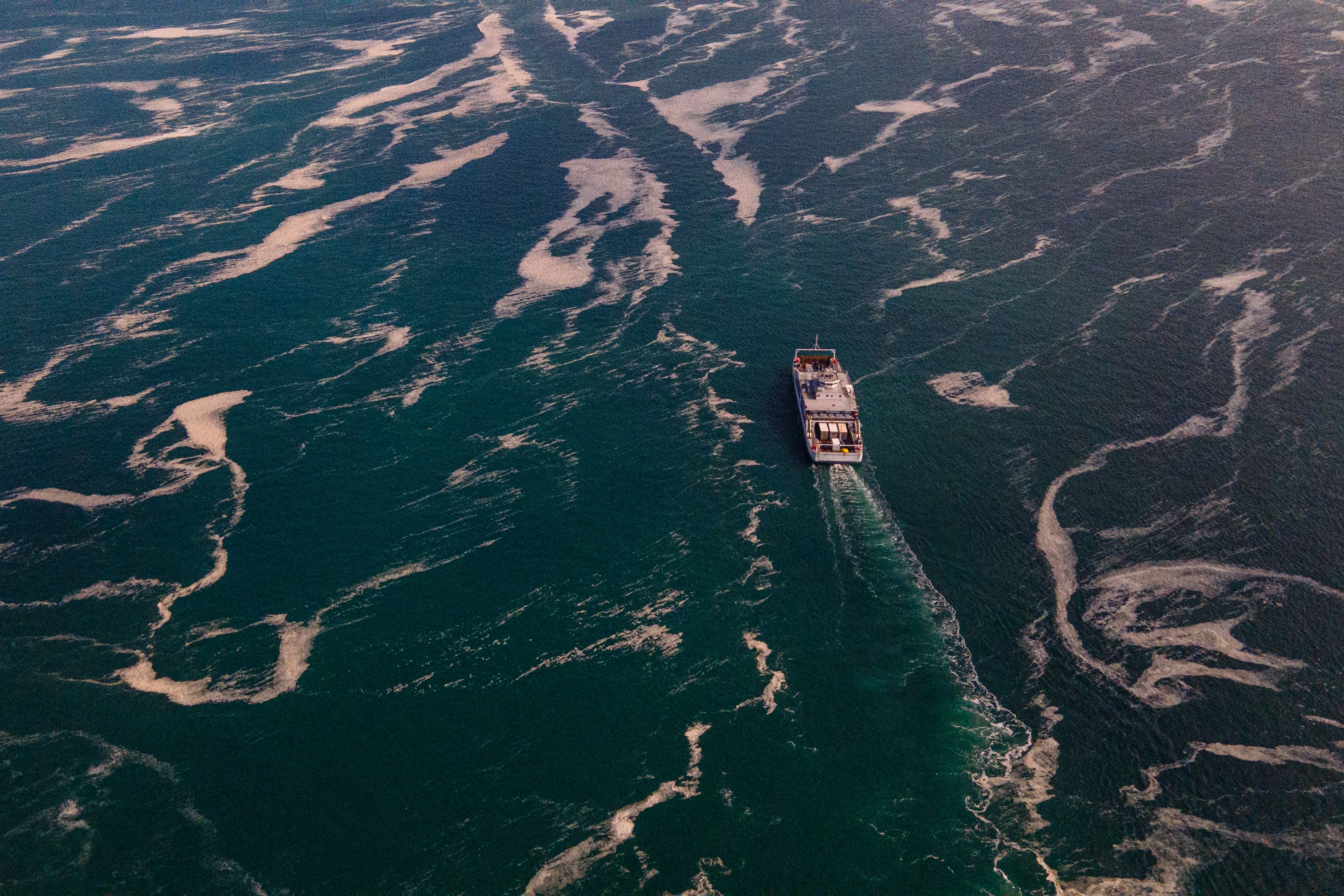Sea snot: Greece investigates possible outbreak in Aegean
Turkey has vowed to clear its seas of the same ‘scourge’

Your support helps us to tell the story
From reproductive rights to climate change to Big Tech, The Independent is on the ground when the story is developing. Whether it's investigating the financials of Elon Musk's pro-Trump PAC or producing our latest documentary, 'The A Word', which shines a light on the American women fighting for reproductive rights, we know how important it is to parse out the facts from the messaging.
At such a critical moment in US history, we need reporters on the ground. Your donation allows us to keep sending journalists to speak to both sides of the story.
The Independent is trusted by Americans across the entire political spectrum. And unlike many other quality news outlets, we choose not to lock Americans out of our reporting and analysis with paywalls. We believe quality journalism should be available to everyone, paid for by those who can afford it.
Your support makes all the difference.Greece is investigating a potential outbreak of “sea snot” in the waters off the island of Lemnos, just weeks after Turkey vowed to clear its seas of the same “scourge”.
Sea snot is thick organic sludge made up of compounds released by marine organisms, which thrives in areas where nutrient-rich sewage flows into the sea.
This organic matter, also known as marine mucilage, can sink below the waves’ surface and can suffocate marine life.
It has recently coated the Sea of Marmara in Turkey, leading officials there to launch an intensive cleaning programme.
Authorities in Lemnos, an Aegean island off the west coast of Turkey, have now reported similar spots on parts of its shore and in the sea off its north, east and west coastline.
Marine bioscientists are examining the outbreak through satellites and drones to establish whether it is linked to the one off Istanbul.
However, Theodosis Dalavitsos, head of Lemnos’s environment service, said the phenomenon occurs annually due to still waters and high temperatures.
“It appears every year and we can’t connect it to (the sea snot) of Marmara,” he added.
To test his theory, samples have been dispatched to a private laboratory in Athens for testing.
Earlier this month, Murat Kurum, the Turkish environment minister, said 43 vessels had been deployed to stop the spread of the mucilage in the Sea of Marmara.
“We are determined to save the Marmara and we will save it,” he promised.
Recep Tayyip Erdogan, Turkey’s president, blamed the “scourge” on the release of untreated waste from cities like Istanbul, which borders the body of water.
Experts have said that climate change and pollution are responsible for sea snot, with hydrobiologist Levent Artuz warning that there will be regular outbreaks in Turkey unless sewage discharges stop.
“As long as we carry on with those practises, it does not make much sense to expect different results. We will continue to encounter disasters like this,” he said.
Additional reporting by Reuters
Join our commenting forum
Join thought-provoking conversations, follow other Independent readers and see their replies
Comments